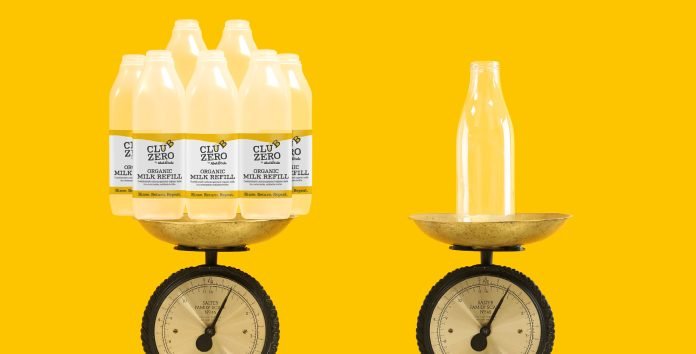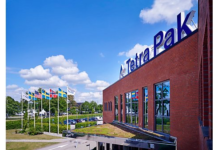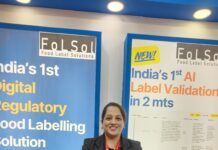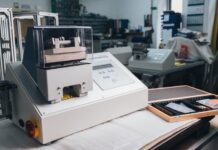Global sustainable packaging leader, Berry Global Group, partnered with Abel & Cole, a provider of sustainable food delivery, to supply bottles for its Club Zero refillable milk delivery service. The new polypropylene (PP) bottles can be refilled 16 times before recycling.
Made with widely recyclable polypropylene (PP), the new bottles produce fewer transport and processing greenhouse gas (GHG) emissions compared to heavier glass bottles, challenging the conventional use of glass bottles for home milk delivery.
Research conducted by Abel & Cole suggests that reusing the Club Zero Refillable Milk bottles just four times reduces the carbon footprint of their single-use milk bottles by half compared to heavier glass bottles, which would take over 15 returns to reach similar emissions savings. At the same time, the concept saves 450,000 single-use plastic milk bottles from landfills or incineration per year, equivalent to 23 tonnes of plastic.
“When it comes to packaging materials, plastic is often seen as the enemy,” explained Hugo Lynch, sustainability lead at Abel & Cole. “But we challenged ourselves to ask if it was better to use glass, which is heavier and more energy-intensive to make, or to go against the grain.”
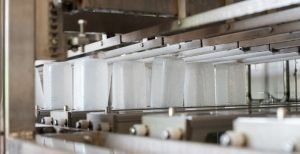
The bottle design is optimized to support Abel & Cole’s eight-stage cleaning process, which eliminates the drying stage, reducing the risk of bacterial contamination. Bottles undergo an eight-stage washing process when returned, ensuring thorough cleaning before being conveyed to the cleanroom for refilling.
To facilitate superior cleaning with minimal risk, the new bottles were designed without a handle, reducing ‘trap points’ where bacteria might gather and allowing for easy drainage. Bottles were optimized to suit Abel and Cole’s existing factory equipment – for example, the bottle was reverse-engineered to fit the existing low-density polyethylene (LDPE) cap used for Abel & Cole milk bottles. This helps reduce costs and eliminates the need for new equipment investments. Similarly, the bottle fits into existing single-use milk crates – making the delivery process a modern spin on the traditional milk round.
Berry conducted rigorous chemical tests to ensure PP provided the strength and durability to undergo high processing temperatures and prevent breakage that is common to glass.
The bottle label contains extensive consumer communication to encourage returns, while the label itself also provides an ‘early warning’ system for each bottle’s end of life. This is because labeled bottles can be washed up to 16 times before the label shows signs of degradation, meaning that Abel & Cole can track bottle life and ‘retire’ each bottle when it is ready for recycling.
The first samples were 3D printed for migration testing in June 2023, and the first bottles shipped to customers in October. Since launch, the one-litre Club Zero Refillable Milk bottle has seen a 20% uplift in sales week-on-week. The current return rate is 64%, with Abel & Cole targeting a minimum of 75%.
“We are committed to delivering innovative, reusable packaging solutions that help our customers make transformative leaps toward their sustainability goals,” said Sue Springett, senior marketing manager for Berry Agile Solutions.
“Through circular partnerships like these, we unpack complexities and help our customers understand what’s possible for the plastic substrate.”
IndiFoodBev — authentic, impactful and influential
An English-language food and beverage processing and packaging industry B2B platform in print and web, IndiFoodBev is in its third year of publication. It is said that the Indian food and beverage industries represent approximately US$ 900 billion in revenues which implies more than 20% of the country’s GDP. Eliminating the wastage on the farmside can help to deliver more protein to a higher number of the population apart from generating sizable exports. The savings in soil, seeds, water, fertilizer, energy and ultimately food and nutrition could be the most immense contribution that country is poised to make to the moderation of climate change.
To improve your marketing and grow sales to the food and beverage processing and packaging industry, talk to us. Our research and consulting company IppStar [www.ippstar.org] can assess your potential and addressable markets in light of the competition. We can discuss marketing, communication, and sales strategies for market entry and growth.
Suppliers and service providers with a strategy and budget for targeted marketing can discuss using our hybrid print, web, video, and social media channels to create brand recognition linked to market relevance. Our technical writers are ready to meet you and your customers for content.
The second largest producer of fruit and vegetables in the world is continuously expanding processing capacities and delivery systems with appropriate innovative technologies. We cover product and consumer trends, nutrition, processing, research, equipment and packaging from farm to thali. Get our 2025 media kit and recalibrate your role in this dynamic market. Enhance your visibility and relevance to existing markets and turn potential customers into conversations. Ask for a sample copy of our bi-monthly in print or our weekly IndiFoodBev eZine each Wednesday.
For editorial info@ippgroup.in — for advertisement ads1@ippgroup.in and for subscriptions subscription@ippgroup.in
Naresh Khanna – 10 February 2025
Subscribe Now


